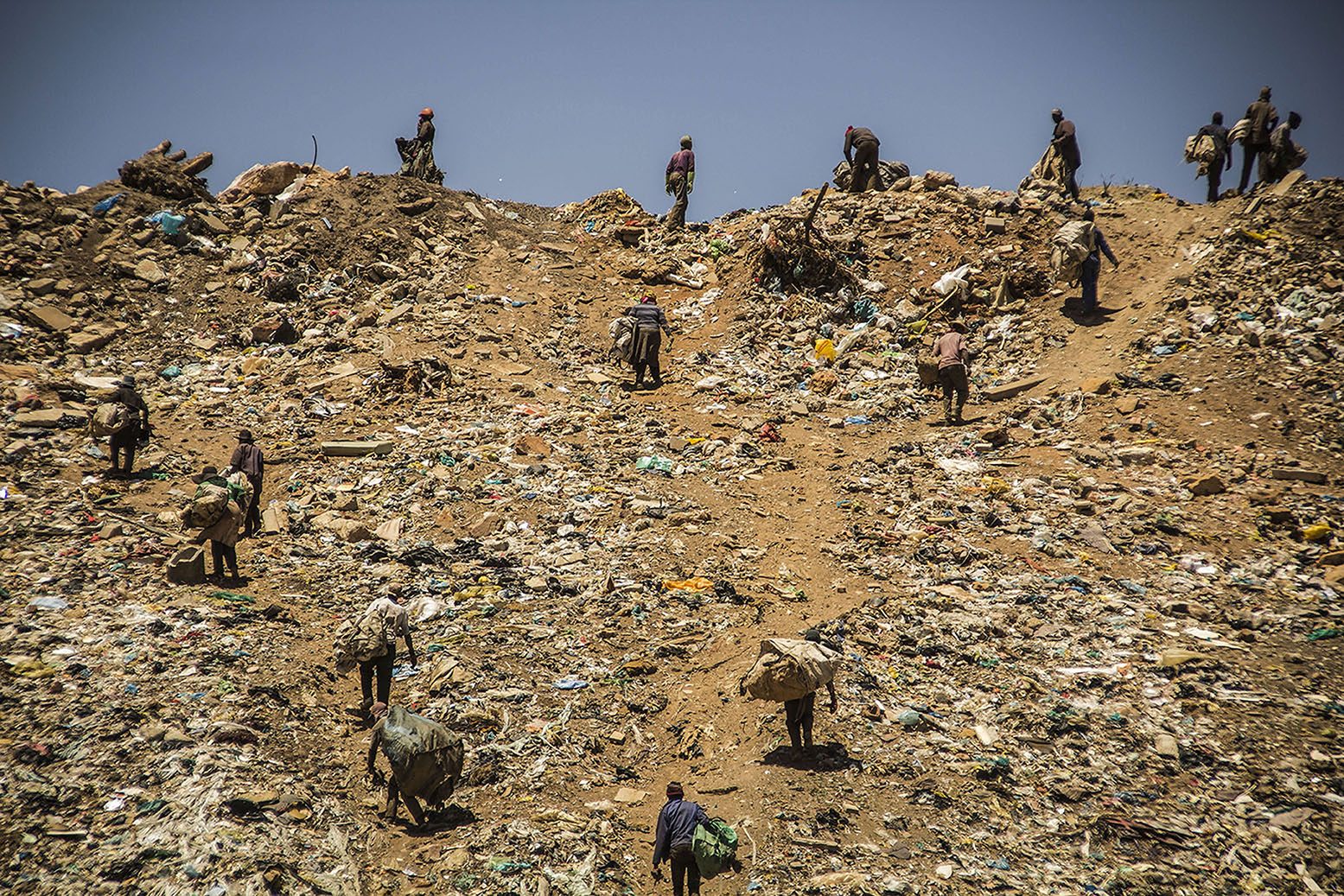The Open Call for the Social Art Award 2019 under the topic “We are the People – Peaceful Revolutions” was closed on December 15, 2019. We are very impressed by 558 submissions that were contributed by artists coming from 65 countries across all continents.
The winners of The Social Art Award 2019 are Narcissa Gold (USA), Melinda Mouzannar (Lebanon) and Bogna Grazyna Jaroslawski (Poland/Germany). The Honorary Mention goes to Kingson Kin Sing Chan (Hong Kong/UK).
Below you find the artworks, that passed the initial jury round. The public voting took place till 30 December and is a tool to give more public visibility to the topic and the artworks. It does not replace the final jury judgment. There were two wildcards for the most voted artworks that entered the final shortlist.
The focus diversity of applications shows that artists are active in the multi-faceted fields of socially engaged art reflecting on wars, genocides, femicides, traumata, violence against refugees, children, women, men, disabled people, LGBTIQs, animals. They share feelings for the planet and its living species, but also showing hopelessness due to complex crises be it climate change (e.g. in regard to water pollution), capitalism, corruption, a violation against human rights, nature, protected national parks. Many of the artists are constantly trying to give a voice to the poorest or empower unheard social groups.
It’s not only about peaceful revolutions, but it’s also about feeling a deep connection and showing love and respect for each other.
Thank you all for sharing your great and inspirational work and look at all the great contributions!
E’Plazini: The Waste Collectors’ Home
Mpumelelo Buthelezi
open category
In South Africa, one of the most unequal societies on the planet, the informal sector drives the economy. It is estimated that 85 000 people make a living as waste collectors. They are called waste pickers, a phrase reminiscent of vultures, but contributing more than any other group to recycling within cities and towns, helping divert waste from overflowing landfills. What my lens has shown me is that cities are complex and incomplete, they have the potential to be key organising units where people, jobs and ideologies are brought together— vessels through which hopes and dreams can be realised; and yet most of the time they fail us. South Africa’s cities – like yours – remain exploitative, exclusionary, and classist, with little regard for those struggling in the margins that hold the centre together. The United Nations projects that up to 68% of the world’s population will live in cities by 2050, with rates increasing fastest in Africa. Every wave of urbanisation brings to the fore questions around quality of life and liveability, with jobs posing the biggest challenge. Our notions of work in the city are skewed by capitalism. My camera has questions: what counts as work, what is ‘important’ work and who is dignified through that work? The waste pickers that I have documented are mostly from the Dryhook area near Devland in Soweto. I started this project after engaging with some recyclers who would come to collect waste around my own neighbourhood. One conversation led to another, resulting in a visit to a waste collection sites, where I listened to the workers’ stories. I had a duty, then, to document the waste pickers’ daily journey and communicate their stories about how they make a living through this work that is more important than it looks. Waste pickers collect recyclable material around the city – scrap metal, plastic bottles, paper, cardboard... They sort and organise the collected material and resell what they have collected to recycling companies. Typically, they receive R3.20 for each kilogram of plastic and R2 per kilogram of cardboard, making somewhere between R40 and R60 a day. Through their recycling methods these individuals are earning a living while also contributing towards environmental sustainability. How can art catalyze change?: According to my own perspective view, I personally think art change catalyse in a sense that if you want to see change you actually need to be the change. We owe it to ourselves to create sustainable change.
In South Africa, one of the most unequal societies on the planet, the informal sector drives the economy. It is estimated that 85 000 people make a living as waste collectors. They are called waste pickers, a phrase reminiscent of vultures, but contributing more than any other group to recycling within cities and towns, helping divert waste from overflowing landfills. What my lens has shown me is that cities are complex and incomplete, they have the potential to be key organising units where people, jobs and ideologies are brought together— vessels through which hopes and dreams can be realised; and yet most of the time they fail us. South Africa’s cities – like yours – remain exploitative, exclusionary, and classist, with little regard for those struggling in the margins that hold the centre together. The United Nations projects that up to 68% of the world’s population will live in cities by 2050, with rates increasing fastest in Africa. Every wave of urbanisation brings to the fore questions around quality of life and liveability, with jobs posing the biggest challenge. Our notions of work in the city are skewed by capitalism. My camera has questions: what counts as work, what is ‘important’ work and who is dignified through that work? The waste pickers that I have documented are mostly from the Dryhook area near Devland in Soweto. I started this project after engaging with some recyclers who would come to collect waste around my own neighbourhood. One conversation led to another, resulting in a visit to a waste collection sites, where I listened to the workers’ stories. I had a duty, then, to document the waste pickers’ daily journey and communicate their stories about how they make a living through this work that is more important than it looks. Waste pickers collect recyclable material around the city – scrap metal, plastic bottles, paper, cardboard... They sort and organise the collected material and resell what they have collected to recycling companies. Typically, they receive R3.20 for each kilogram of plastic and R2 per kilogram of cardboard, making somewhere between R40 and R60 a day. Through their recycling methods these individuals are earning a living while also contributing towards environmental sustainability. How can art catalyze change?: According to my own perspective view, I personally think art change catalyse in a sense that if you want to see change you actually need to be the change. We owe it to ourselves to create sustainable change.



